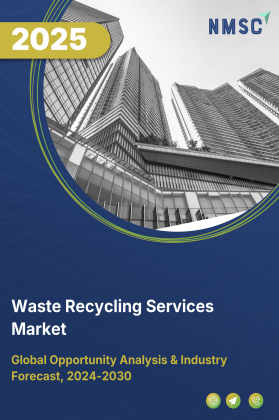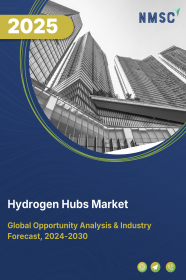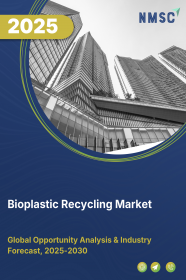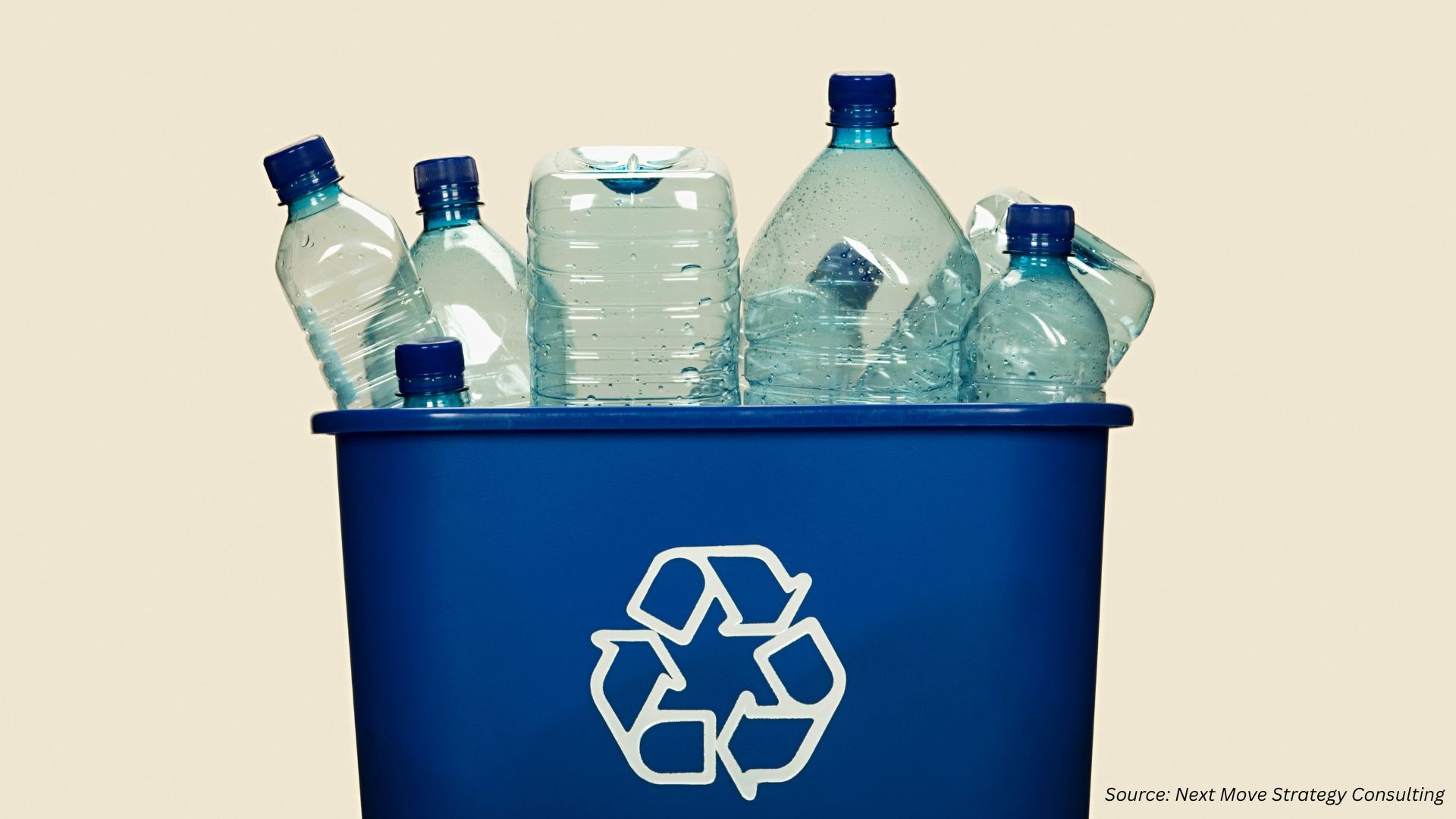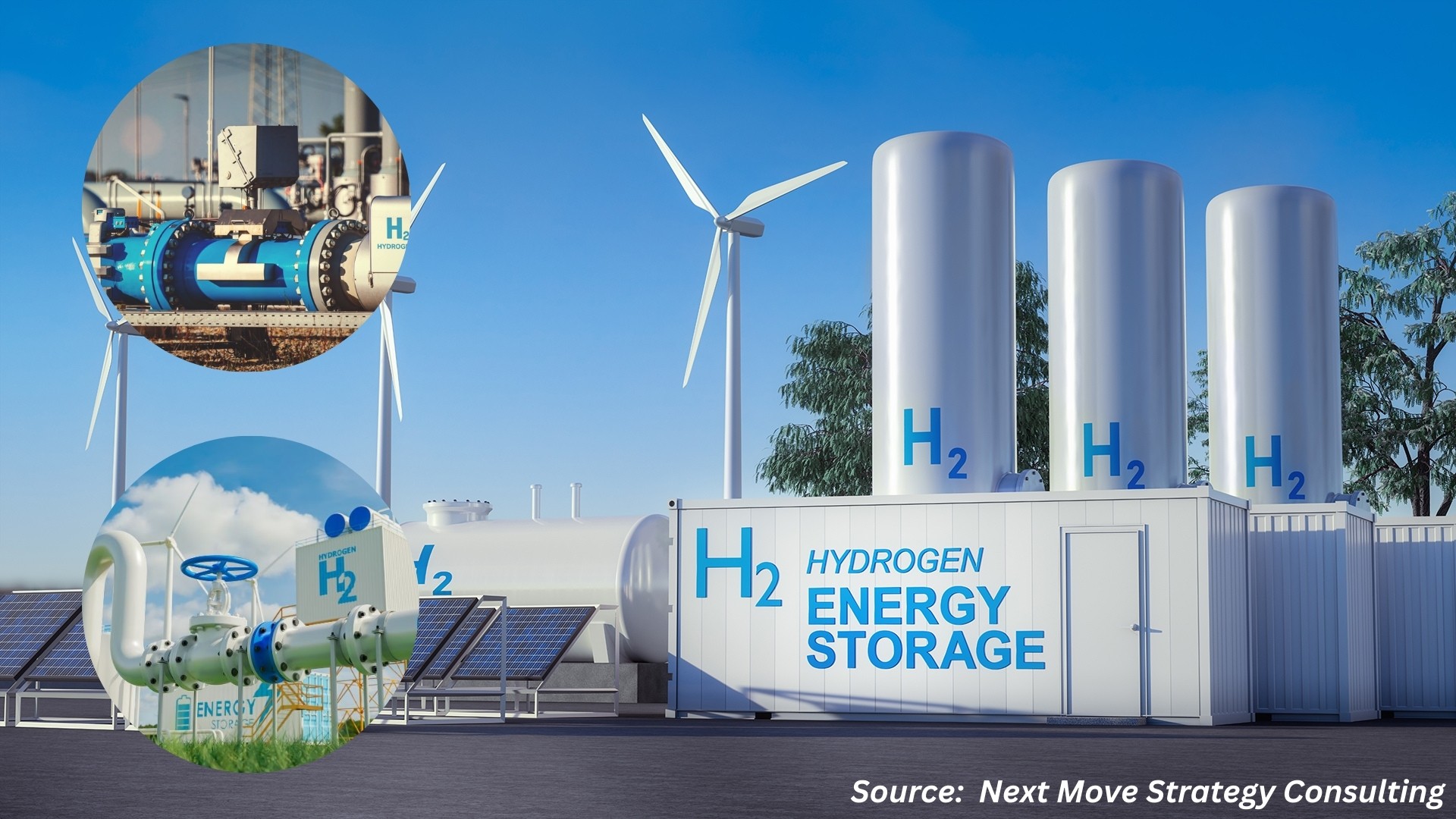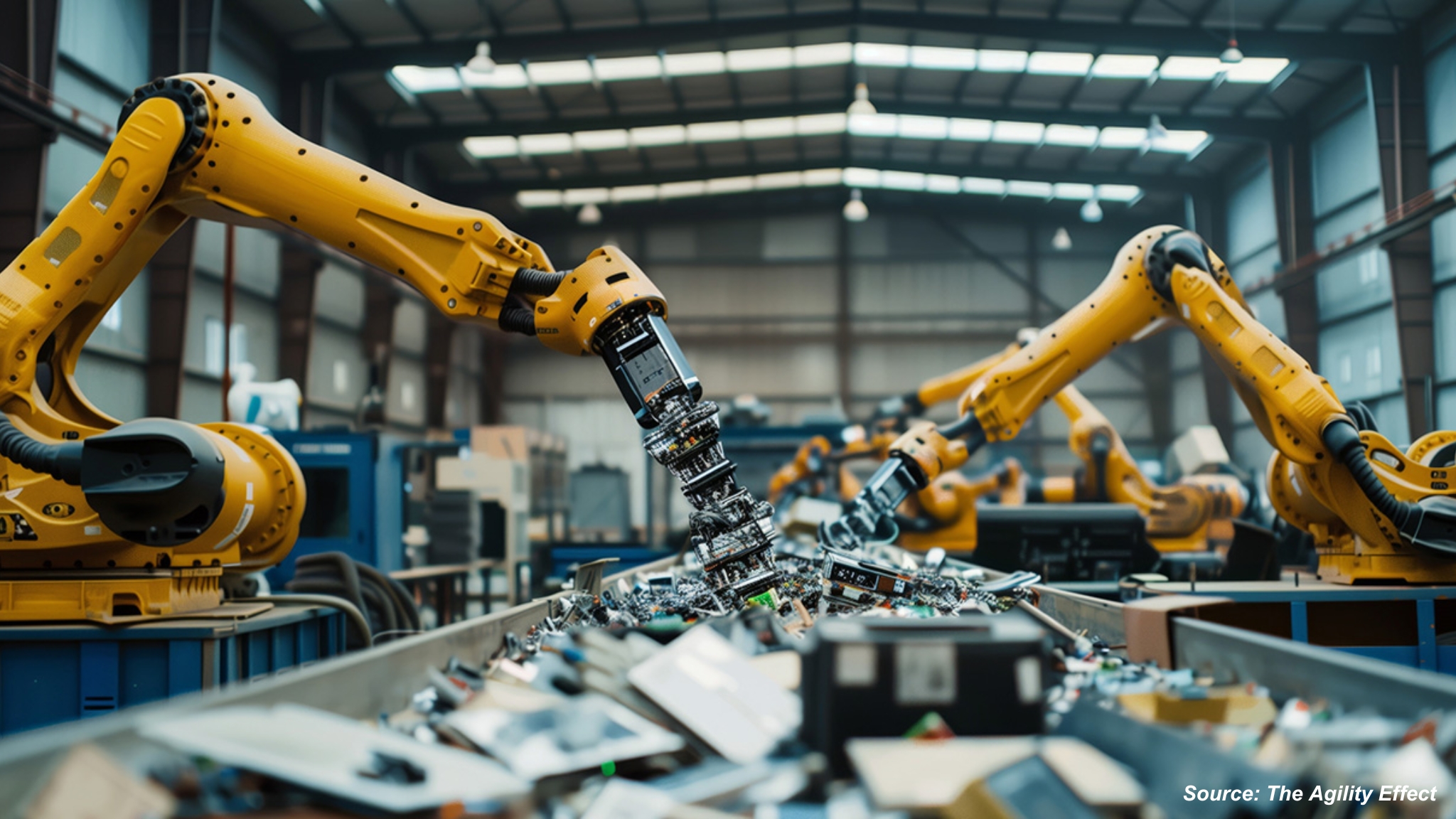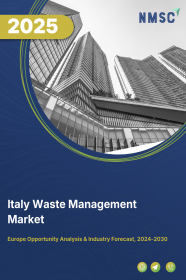
Italy Waste Management Market by Waste Type (Hazardous Waste, and Non-Hazardous Waste), by Service (Collection, and Disposal), by Source (Residential or Municipal Waste, Commercial Waste, and Industrial Waste) – Country Opportunity Analysis and Industry Forecast, 2024–2030
Industry: Energy & Power | Publish Date: 10-Oct-2025 | No of Pages: 174 | No. of Tables: 136 | No. of Figures: 101 | Format: PDF | Report Code : EP2737
Industry Overview
Italy Waste Management Market size was valued at USD 8.79 billion in 2023, and is predicted to reach USD 11.44 billion by 2030, at a CAGR of 2.80% from 2024 to 2030.
Italy waste management market involves a wide range of services and activities aimed at managing and mitigating the impact of waste generated by various sectors including residential, commercial, industrial, and healthcare. It includes the collection, transportation, processing, recycling, and disposal of waste materials in a manner that is environmentally responsible and sustainable.
The market also involves the development and implementation of technologies and practices that promote waste reduction, resource recovery, and the safe handling of hazardous materials.
Key components of the waste reduction market include waste collection services, recycling facilities, waste-to-energy plants, landfill operations, and environmental consulting services. As awareness of environmental issues grows, the waste reduction market continues to expand, driven by growing population, technological advancements, and increasing public demand for sustainable waste solutions.
Urbanization Accelerating the Transformation of Waste Infrastructure in Italy
The rapid pace of urban development across Italian cities is reshaping the country's waste management priorities. Expanding metropolitan areas, accompanied by rising population density, are driving up the volume and complexity of waste generated from households, commercial establishments, and public infrastructure. Traditional waste collection and disposal models are proving inadequate in addressing these evolving challenges. As a result, urban municipalities are increasingly investing in scalable, tech-enabled solutions—ranging from real-time waste monitoring and AI-driven sorting systems to decentralized composting units. This transformation is fostering a smarter, more adaptive waste ecosystem geared toward cleaner, more efficient urban environments.
Progressive Environmental Policies Catalyzing Sectoral Innovation
Italy's policy landscape is strongly aligned with circular economy goals, prompting a significant shift in how waste is perceived and managed. Through regulatory incentives and national sustainability targets, there is growing emphasis on waste minimization, enhanced recycling rates, and extended producer responsibility. Legislative measures are encouraging the deployment of advanced material recovery systems, automated collection technologies, and structured recycling frameworks at both local and regional levels. These forward-looking policies are not only improving environmental compliance but also opening doors for innovation and public-private collaboration in modern waste treatment and recovery.
Regulatory Complexity Slowing Down Sectoral Agility
Despite the strong policy backing, Italy’s waste management sector faces notable operational hurdles due to the fragmented and highly technical regulatory environment. Navigating through national and regional compliance protocols often requires extensive documentation, prolonged approval processes, and continuous alignment with changing standards. This creates particular challenges for small and mid-sized waste operators, who may struggle with the capital and expertise needed to remain compliant. Furthermore, disparities in waste classification norms and enforcement intensity across municipalities complicate the standardization of services, delaying the deployment of advanced infrastructure and reducing operational flexibility across the country.
Rising Momentum Toward Energy Recovery from Waste Streams
Italy is increasingly embracing waste-to-energy (WTE) solutions as a complementary strategy to landfill reduction and recycling. The growing adoption of technologies such as anaerobic digestion, thermal treatment, and biogas recovery is enabling the transformation of non-recyclable waste into electricity, heat, and fuel. This shift not only supports energy diversification goals but also reduces environmental burdens from organic and high-calorific waste. With several regions actively promoting WTE integration within their waste planning frameworks, the market is poised for significant innovation and infrastructure expansion in this segment, offering a lucrative pathway for public and private stakeholders aiming to align with Italy’s green transition.
Competitive Landscape
The promising key players operating in Italy waste management industry includes Gruppo Hera, Consorzio Corepla, A2A S.p.A., Acea Spa, Iren S.p.A., Blue Wings Composting, Siriam Veolia, Resilco, SUEZ, Sogliano Ambiente, and others.
Italy Waste Management Market Key Segments
By Waste Type
-
Hazardous Waste
-
Solid Waste
-
Liquid Waste
-
Gaseous Waste
-
-
Non-Hazardous Waste
-
Food
-
Paper and Cardboard
-
Plastic
-
Glass
-
Metal
-
Water
-
E-Waste
-
Others
-
By Service
-
Collection
-
Collection and Transportation
-
Storage and Handling
-
Sorting
-
-
Disposal
-
Open Dumping
-
Incineration/Combustion
-
Landfills
-
Recycling
-
Composting and Anaerobic Digestion
-
By Source
-
Residential or Municipal Waste
-
Commercial Waste
-
Offices and Retail Stores
-
Hospitals
-
Restaurants
-
Other Commercial Sources
-
-
Industrial Waste
-
Manufacturing Waste
-
Construction, Renovation, and Demolition Waste
-
Agriculture Waste
-
Medical Waste
-
Other Industrial Sources
-
Key Players
-
Gruppo Hera
-
Consorzio Corepla
-
A2A S.p.A.
-
Acea Spa
-
Iren S.p.A.
-
Blue Wings Composting
-
Siriam Veolia
-
Resilco
-
SUEZ
-
Sogliano Ambiente
Report Scope And Segmentation
|
Parameters |
Details |
|
Market Size Value in 2023 |
USD 8.79 billion |
|
Revenue Forecast in 2030 |
USD 11.44 billion |
|
Value Growth Rate |
CAGR of 2.80% from 2024 to 2030 |
|
Analysis Period |
2023–2030 |
|
Base Year Considered |
2023 |
|
Forecast Period |
2024–2030 |
|
Market Size Estimation |
Billion (USD) |
|
Growth Factors |
|
|
Companies Profiled |
10 |
|
Customization Scope |
Free customization (equivalent up to 80 working hours of analysts) after purchase. Addition or alteration to country, regional, and segment scope. |
|
Pricing and Purchase Options |
Avail customized purchase options to meet your exact research needs. |




















 Speak to Our Analyst
Speak to Our Analyst



